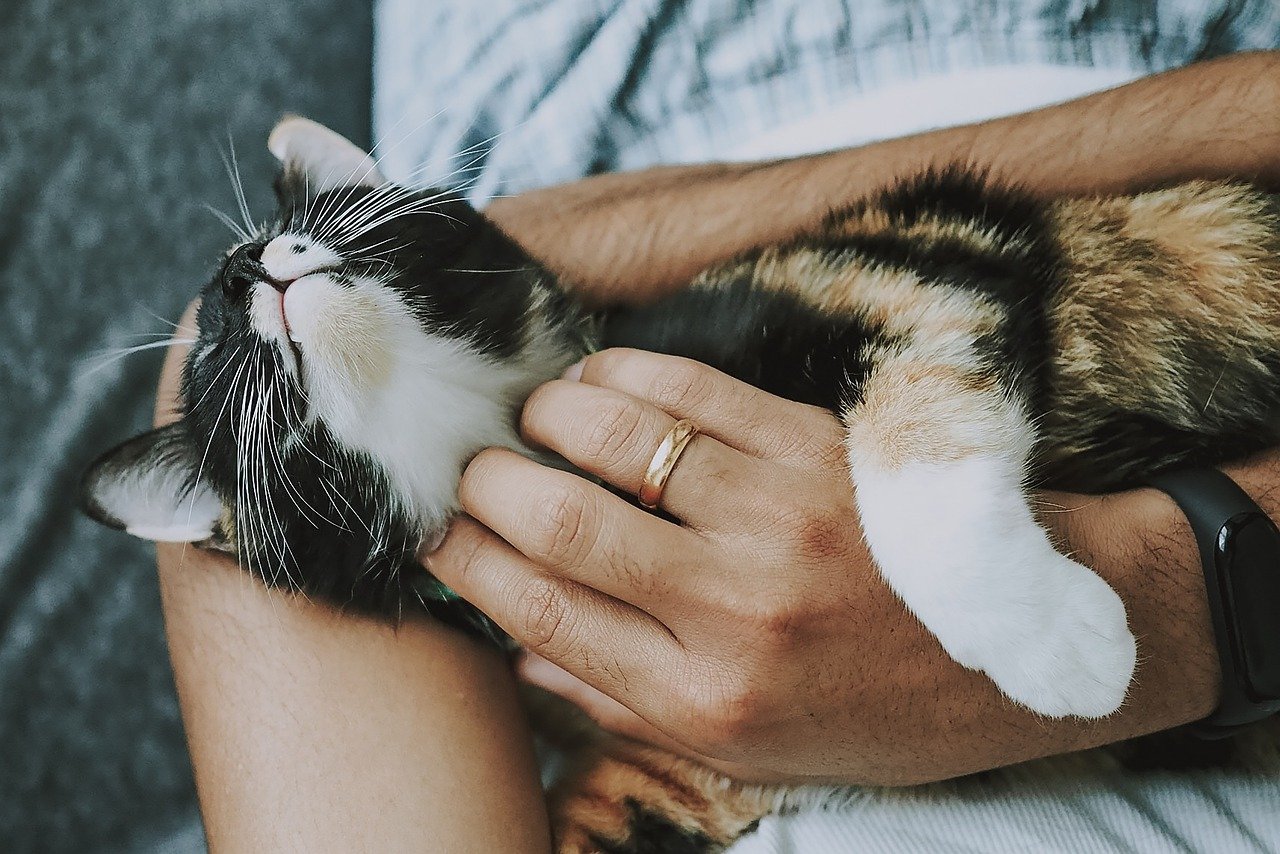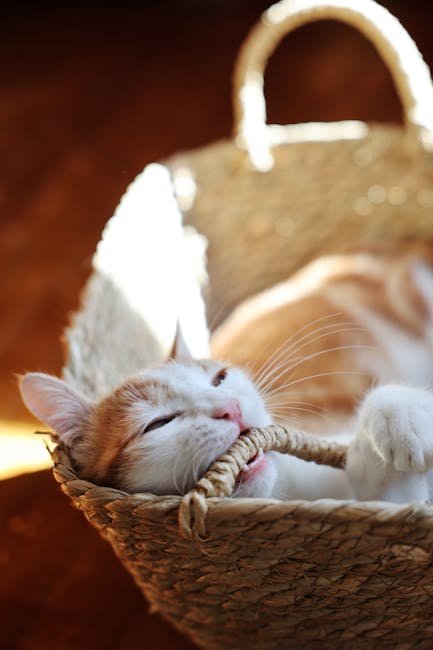Cats are not just pets; they are cherished family members. Their purring companionship brings warmth to our homes, and their playful antics bring smiles to our faces. However, like any family member, cats can fall ill. Understanding common cat illnesses and how to prevent them is crucial for ensuring your feline friend’s health and happiness. Let’s explore some common ailments and how you can keep your cat in tip-top shape.
Feline Upper Respiratory Infections
Feline upper respiratory infections are akin to the common cold in humans. They are primarily caused by viruses such as feline herpesvirus and calicivirus. Symptoms often include sneezing, runny nose, and watery eyes. These infections can spread rapidly in environments with multiple cats, like shelters or catteries. Prevention involves keeping your cat’s vaccinations up-to-date and minimizing their exposure to infected cats. Additionally, maintaining a clean environment and ensuring good nutrition can bolster your cat’s immune system, making them less susceptible to infections.
Feline Lower Urinary Tract Disease (FLUTD)
FLUTD is a common and often painful condition affecting a cat’s bladder and urethra. Symptoms include frequent urination, straining to urinate, and blood in the urine. Stress, diet, and obesity can contribute to this disease. To prevent FLUTD, provide your cat with a stress-free environment and ensure they have access to fresh water at all times. Feeding your cat a balanced diet, particularly one that promotes urinary tract health, can also be beneficial. Regularly cleaning your cat’s litter box and observing their urination habits can help you catch any issues early.
Chronic Kidney Disease (CKD)
Chronic kidney disease is a prevalent condition in older cats. The kidneys’ ability to filter waste products from the blood diminishes over time, leading to a buildup of toxins. Symptoms include increased thirst, frequent urination, and weight loss. While CKD is not entirely preventable, providing a high-quality diet and keeping your cat hydrated can support kidney health. Regular veterinary check-ups can help detect early signs of kidney issues, allowing for timely intervention and management.
Dental Disease

Dental disease is often overlooked but can have serious implications for a cat’s overall health. Plaque and tartar buildup can lead to gingivitis, periodontitis, and tooth loss. Symptoms include bad breath, drooling, and difficulty eating. To prevent dental disease, establish a dental care routine that includes regular brushing of your cat’s teeth and providing dental treats or toys. Routine veterinary dental cleanings can also help maintain oral health and prevent more severe issues.
Obesity

Obesity is a growing concern among domestic cats, leading to a myriad of health problems, including diabetes, arthritis, and heart disease. Contributing factors include overeating and a sedentary lifestyle. Preventing obesity involves controlling your cat’s diet and encouraging regular exercise. Feeding your cat measured portions of high-quality food and engaging them in interactive play can help keep their weight in check. Monitoring your cat’s weight regularly and consulting with a veterinarian for a tailored diet plan can further aid in maintaining a healthy weight.
Feline Diabetes

Feline diabetes, similar to human diabetes, occurs when a cat’s pancreas doesn’t produce enough insulin, or their body becomes resistant to it. Symptoms include increased thirst, frequent urination, and weight loss. Obesity is a significant risk factor for diabetes. Preventing this disease involves maintaining a healthy weight through a balanced diet and regular exercise. Regular veterinary check-ups are essential for early detection and management of diabetes, which can significantly improve your cat’s quality of life.
Parasites: Fleas and Ticks

Fleas and ticks are common parasites that can cause discomfort and transmit diseases to cats. Fleas can lead to allergic reactions and anemia, while ticks can transmit Lyme disease and other illnesses. Prevention involves using veterinarian-approved flea and tick preventatives, such as topical treatments or collars. Regularly checking your cat for parasites and maintaining a clean living environment can also help reduce the risk of infestation. Keeping your cat indoors can further minimize their exposure to these pesky parasites.
Conclusion
Cats bring joy and companionship to our lives, and it’s our responsibility to ensure they remain healthy and happy. Understanding common cat illnesses and taking preventive measures can significantly reduce the risk of your feline friend falling ill. Regular veterinary care, a balanced diet, and a loving environment are key to a long and healthy life for your cat. By staying informed and proactive, you can enjoy many years of purrs and cuddles with your beloved pet.
Hi, I’m Bola, a passionate writer and creative strategist with a knack for crafting compelling content that educates, inspires, and connects. Over the years, I’ve honed my skills across various writing fields, including content creation, copywriting, online course development, and video scriptwriting.
When I’m not at my desk, you’ll find me exploring new ideas, reading books, or brainstorming creative ways to solve challenges. I believe that words have the power to transform, and I’m here to help you leverage that power for success.
Thanks for stopping by, Keep coming to this website to checkout new articles form me. You’d always love it!






